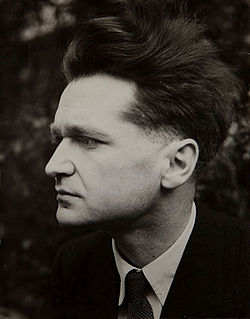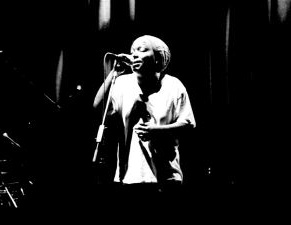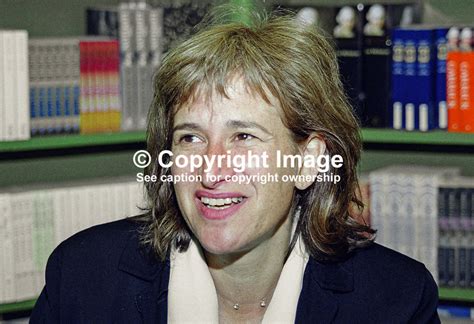A Quote by Emil Cioran
Criticism is a misconception: we must read not to understand others but to understand ourselves.
Quote Topics
Related Quotes
To transform the world, we must begin with ourselves; and what is important in beginning with ourselves is the intention. The intention must be to understand ourselves and not to leave it to others to transform themselves or to bring about a modified change through revolution, either of the left or of the right. It is important to understand that this is our responsibility, yours and mine.
?W. H. Auden once suggested that to understand your own country you need to have lived in at least two others. One can say something similar for periods of time: to understand your own century you need to have come to terms with at least two others. The key to learning something about the past might be a ruin or an archive but the means whereby we may understand it is--and always will be--ourselves.
Who is blameless? Only those that blame no one for aught that is, has been or may be. Only in creating hope, life, understanding, harmony, does one become blameless. For, as you understand, they that would be loved must show themselves lovely; they that would have friends must be a friend to others. For in the manner you treat others, you treat your Lord. Let that light which has aroused you be alive, awakened. Condemn no one. And as you come seeking, know, understand, as you create same in the lives of others so is it reflected in your own.
Ever since men became capable of free speculation, their actions, in innumerable important respects, have depended upon their theories as to the world and human life, as to what is good and what is evil. This is true in the present day as at any former time. To understand an age or a nation, we must understand its philosophy, and to understand its philosophy we must ourselves be in some degree philosophers. There is here a reciprocal causation: the circumstances of men s lives do much to determine their philosophy, but, conversely, their philosophy does much to determine their circumstances.
The world is not something separate from you and me; the world, society, is the relationship that we establish or seek to establish between each other. So you and I are the problem, and not the world, because the world is the projection of ourselves, and to understand the world we must understand ourselves. That world is not separate from us; we are the world, and our problems are the world's problems.
There is a saying that to understand is to forgive, but that is an error, so Papa used to say. You must forgive in order to understand. Until you forgive, you defend yourself against the possibility of understanding. ... If you forgive, he would say, you may indeed still not understand, but you will be ready to understand, and that is the posture of grace.
Those who read books cannot understand the teachings and, what's more, may even go astray. But those who try to observe the things going on in the mind, and always take that which is true in their own minds as their standard, never get muddled. They are able to comprehend suffering, and ultimately will understand Dharma. Then, they will understand the books they read.






































